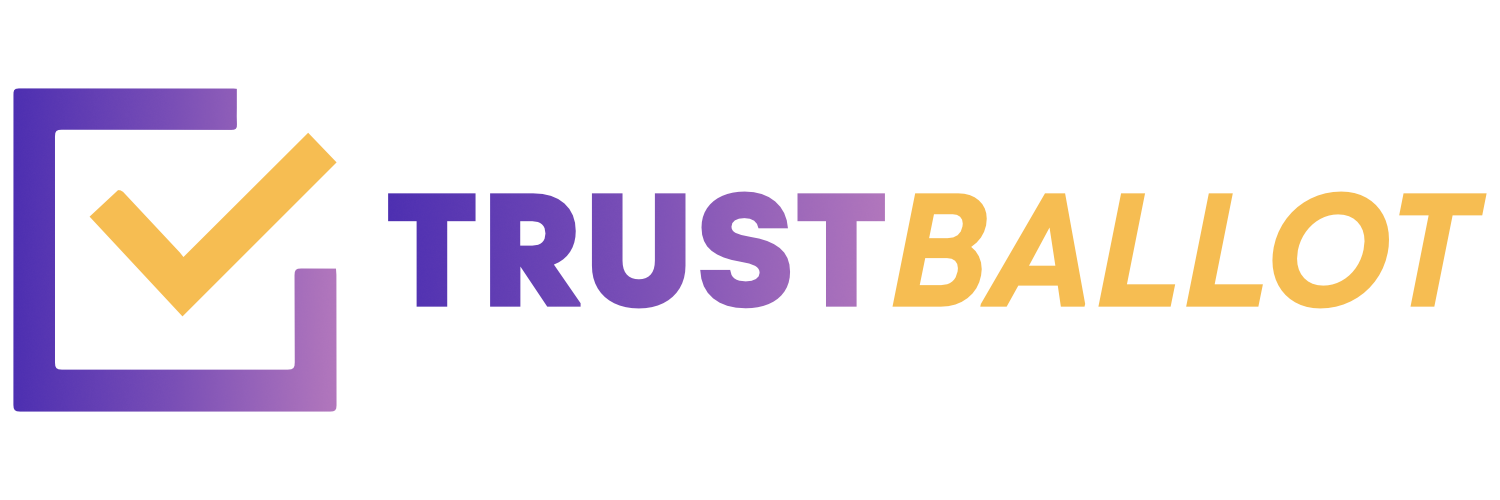Media Manipulation and the Urgent Quest for Electoral Integrity in Poland
As Poland stands on the cusp of a decisive general election slated for October 15th, the foundations of its democracy appear strained, urging a renewed call for safeguarding electoral transparency. The unfolding political dynamics threaten to fundamentally shift the contours of the nation's political narrative.
The ruling Law and Justice party (PiS), presently holds sway, seemingly utilizing the national broadcaster, Telewizja Polska (TVP), as a powerful conduit for its messaging, while concurrently marginalizing opposition voices. This worrying pattern has escalated since PiS rose to power in 2015, illustrating a disturbing trajectory of diminishing media freedom in the nation. Reports from entities like the Media Freedom Rapid Response indicate a skewed representation in political coverage, with a considerable chunk of TVP’s news segment seemingly championing the cause of the ruling coalition.
Moreover, the crisis of media neutrality extends beyond just TVP. The National Broadcasting Council, with substantial influence from PiS affiliates, has adopted a hardline stance against independent broadcasters, sanctioning those who venture to discuss sensitive issues. This aggressive approach resonates negatively within the EU community, marking a significant fall in Poland's press freedom rankings from 18th in 2015 to a startling 57th out of 180 nations currently.
Simultaneously, the government seems to be wielding its influence over state-run firms and departments to meddle with advertising revenue distribution, favoring media outlets that align with their viewpoints, and financially strangling independent journalism initiatives. The acquisition of the Polska Press by the state-affiliated PKN-Orlen reflects a troubling trend, shrinking the space for a pluralistic media environment, especially in the countryside.
These calculated moves seem designed to consolidate political gains, potentially instrumental in President Andrzej Duda clinching victory in the 2020 elections. With another election on the horizon, there are growing fears that media bias might once again cast a long shadow over the proceedings.
Looking at the shifting political landscape, it seems the iron grip of PiS, which once commanded a robust 43.6% vote share in 2019, is loosening, dwindling to an estimated 38% presently. This change hints at an impending alteration in Poland’s political dynamics, fostering the potential emergence of new alliances that could reshape the nation's governance structure.
As political analyst Anita Prazmowska articulates, there is a rising tide of discontent against the PiS, with critics fearing a gradual slide towards authoritarian governance. The growing influence of far-right factions like the Confederation Freedom and Independence is catalyzing potential shifts in alliances, birthing new trajectories in the political domain.
As election day draws near, the political landscape seems more fluid, witnessing the crumbling of old partnerships and the possible formation of unexpected alliances. Jarosław Kaczyński, the veteran leader of PiS, finds himself at a scrutinizing juncture, with growing doubts about his capacity to forge partnerships and dictate the nation's political discourse.
During this pivotal moment in Poland’s journey, the necessity for maintaining electoral fairness stands out starkly. The altering dynamics, accentuated by the concerning manipulation of media outlets, cast a dark cloud over the democratic framework. Faced with these hurdles, the urgency for a balanced and transparent electoral mechanism cannot be overstressed, fostering a society where the citizenry is genuinely represented, and the press serves as a pillar of integrity rather than a vehicle for propaganda.
With the global community intently observing, the demand for bolstered electoral integrity seems more pressing than ever, echoing the desires of citizens seeking a Poland rooted in democratic ethos, inclusivity, and fairness. The forthcoming weeks are set to be a watershed moment, a period where Poland grapples with its historic values and possibly embarks on a path renewed with democratic fervor and vision.

